E2 || HOFfmann || E1cb || Ei
Video Solution
|
Answer
Step by step video solution for E2 || HOFfmann || E1cb || Ei by Chemistry experts to help you in doubts & scoring excellent marks in Class 12 exams.
Updated on:21/07/2023Similar Questions
Knowledge Check
The elimination reactions mainly involve three mechanism E1,E2 and E1cB. If the leaving group departs before β-proton (HΘ ion) then it is E1 mechanism. If proton is taken off first before leaving group it is E1cB mechanism.The pure E2 involves both β-Hydrogen and leaving group departing simutaneously. If acidity of β-Hydrogen increases and leaving group ability decreases then E1cB mechanism increases.

Product P isA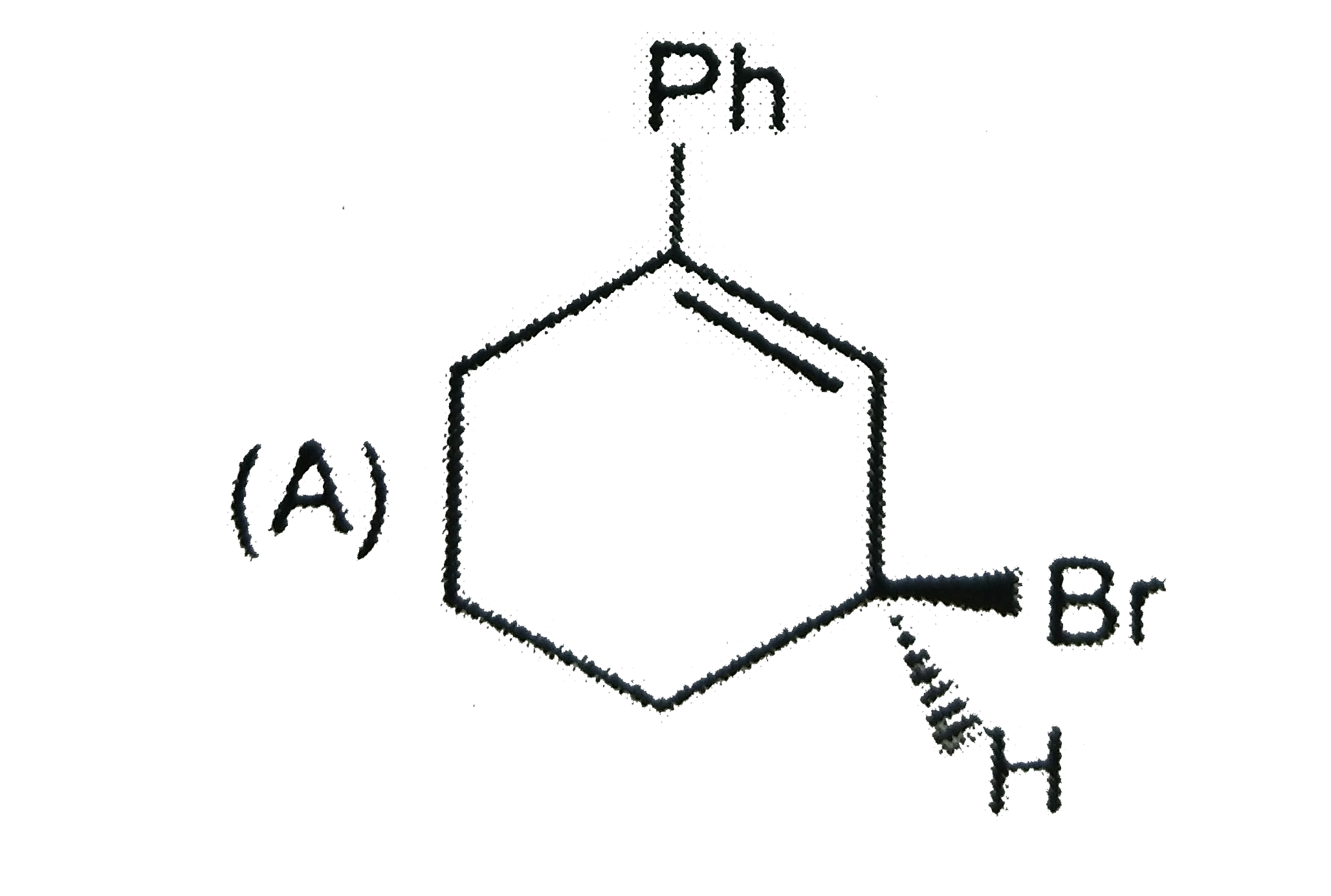 B
B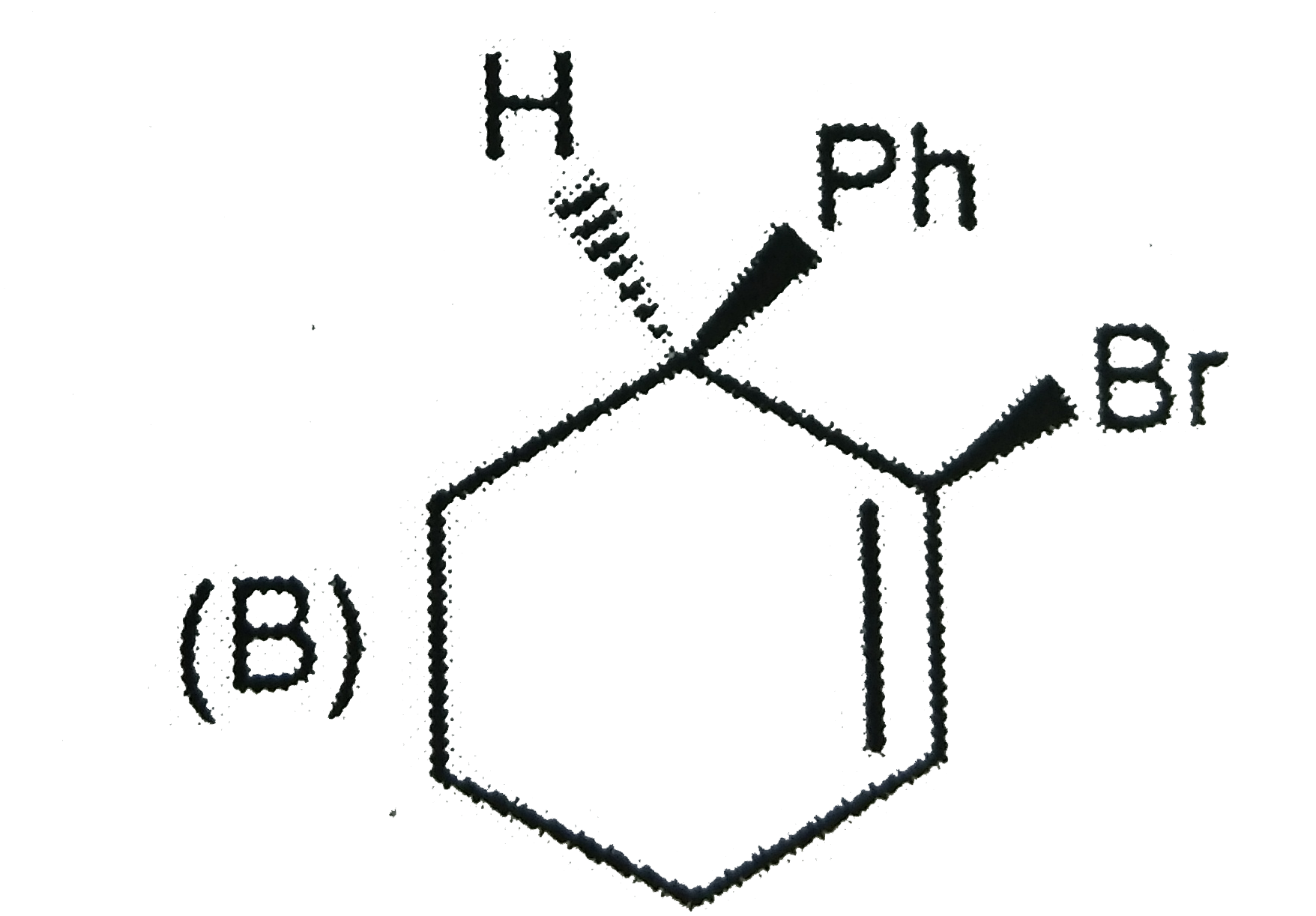 C
C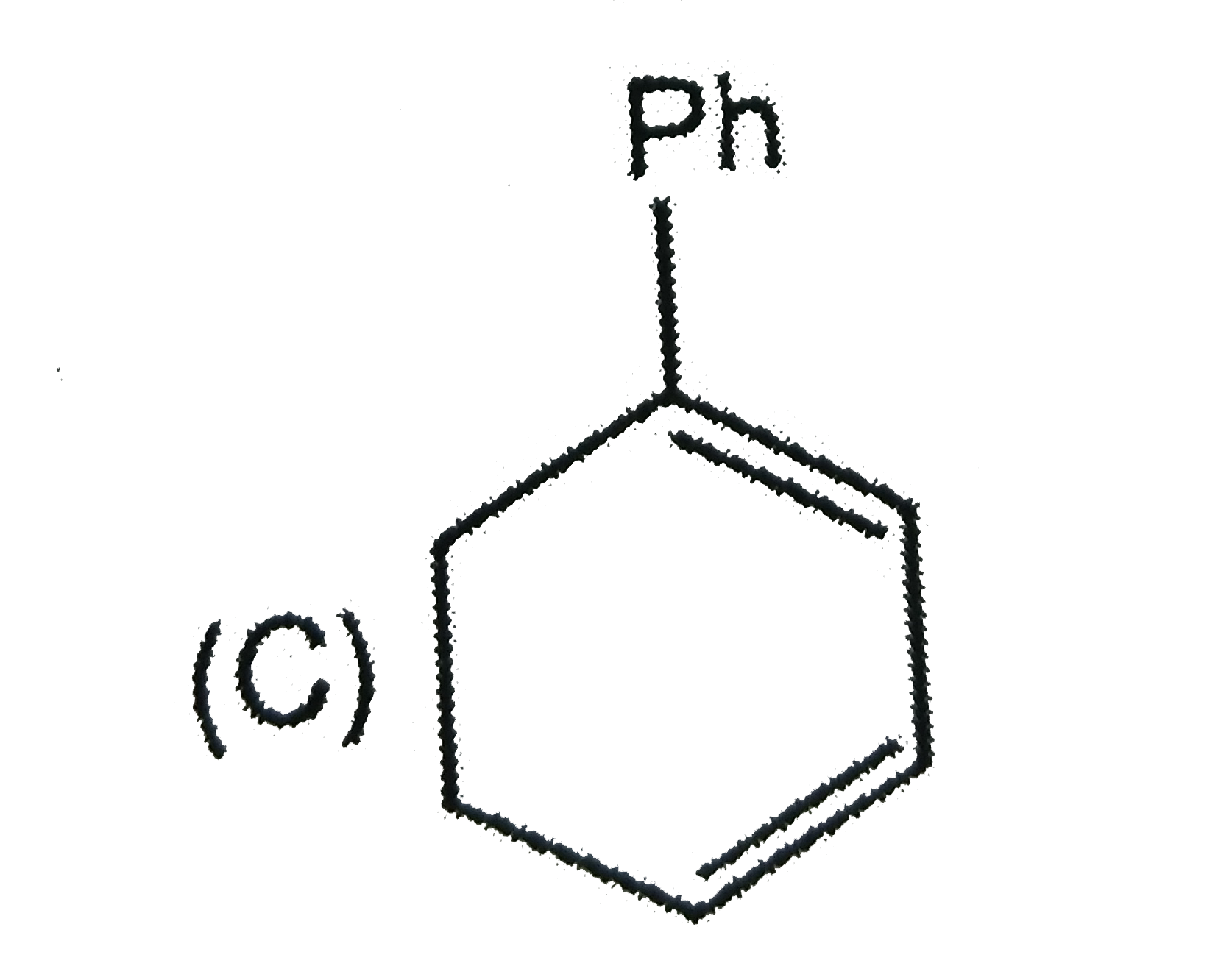 D
D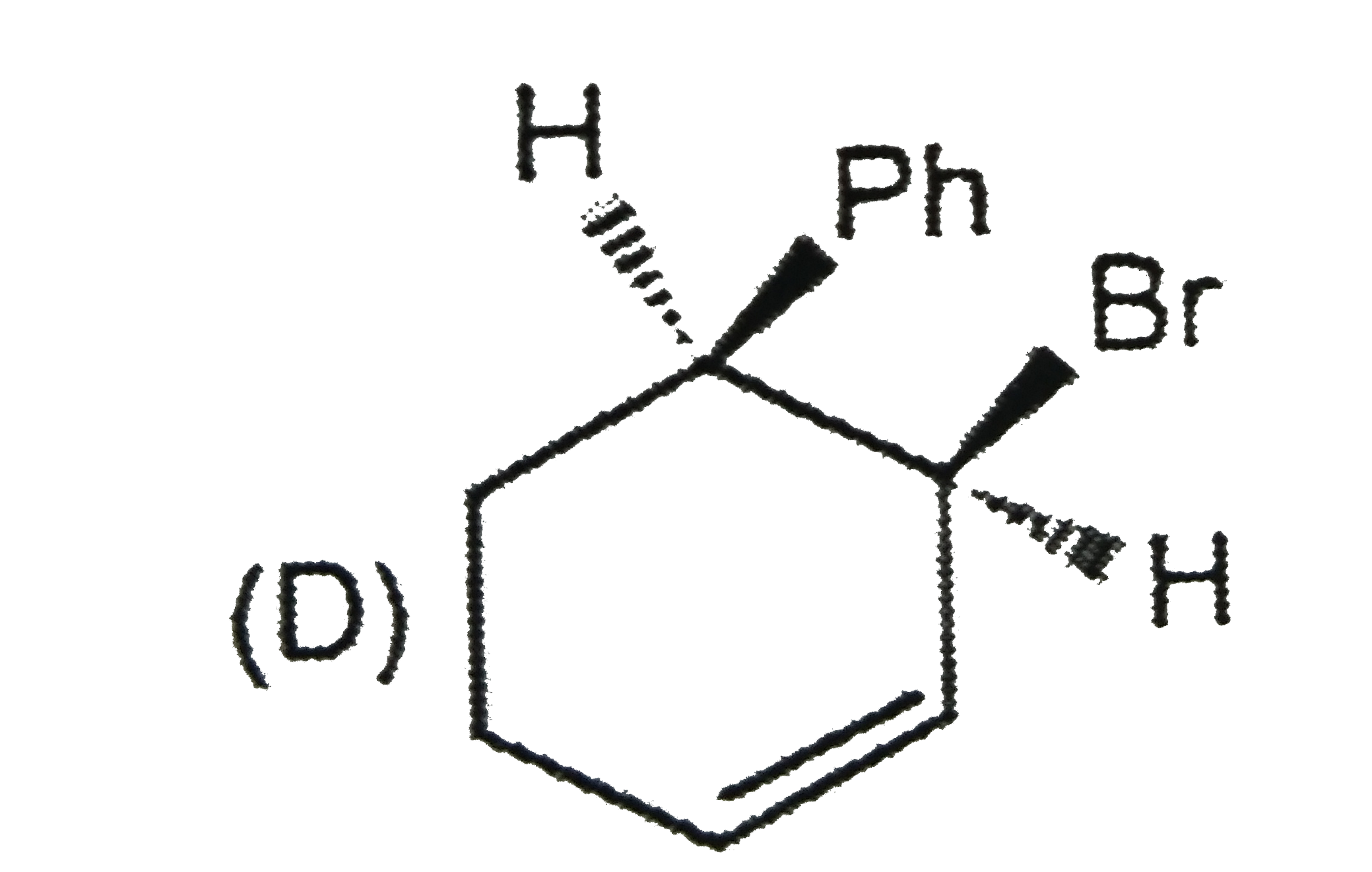
The elimination reactions mainly involve three mechanism E1,E2 and E1cB. If the leaving group departs before β-proton (Ht=Θ ion) then it is E1 mechanism. If proton is taken off first before leaving group it is E1cB mechanism.The pure E2 involves both β-Hydrogen and leaving group departing simutaneously. If acidity of β-Hydrogen increases and leaving group ability decreases then E1cB mechanism increases.
Which of the following substrate will undergo fastest reaction through E1cB routeA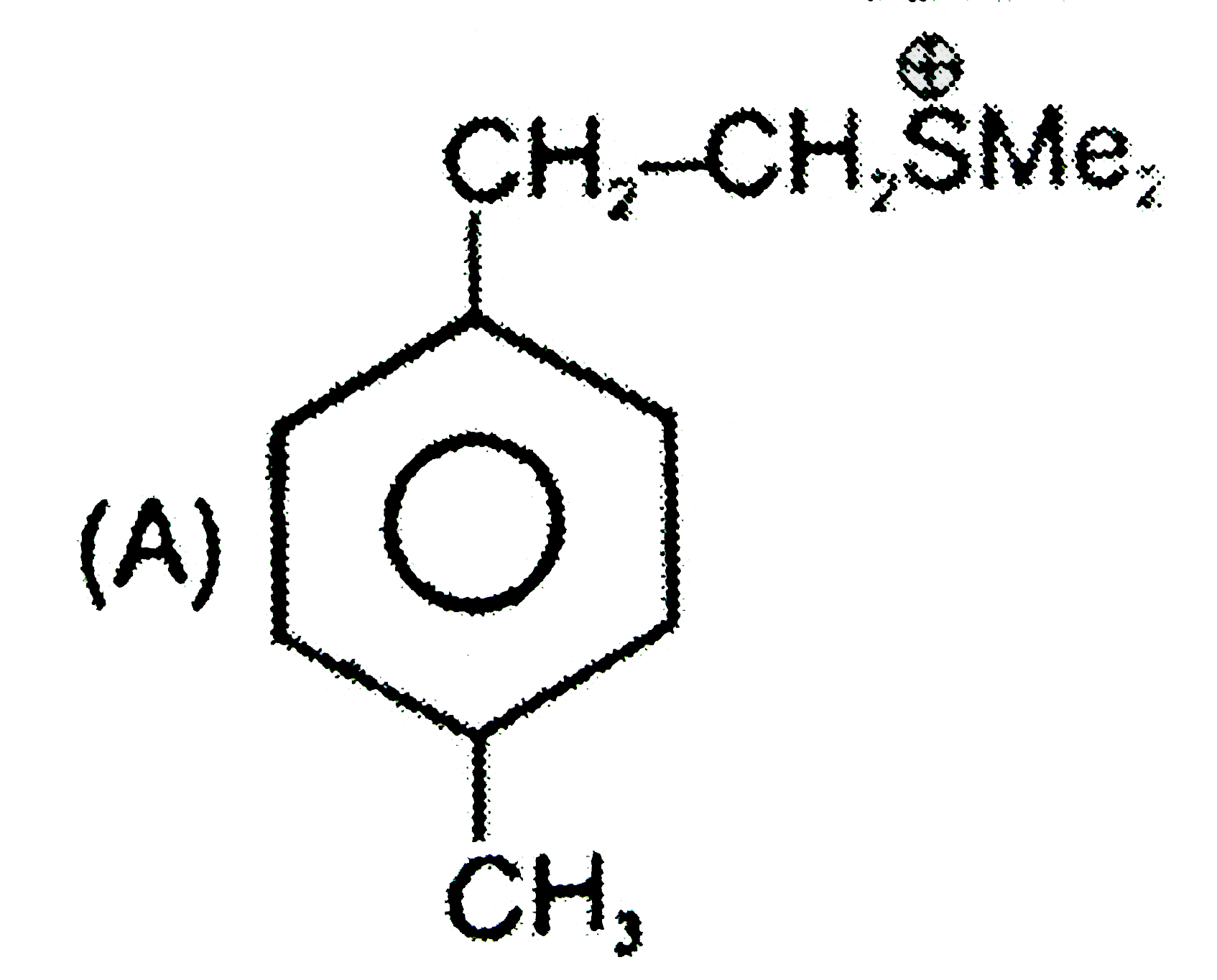 B
B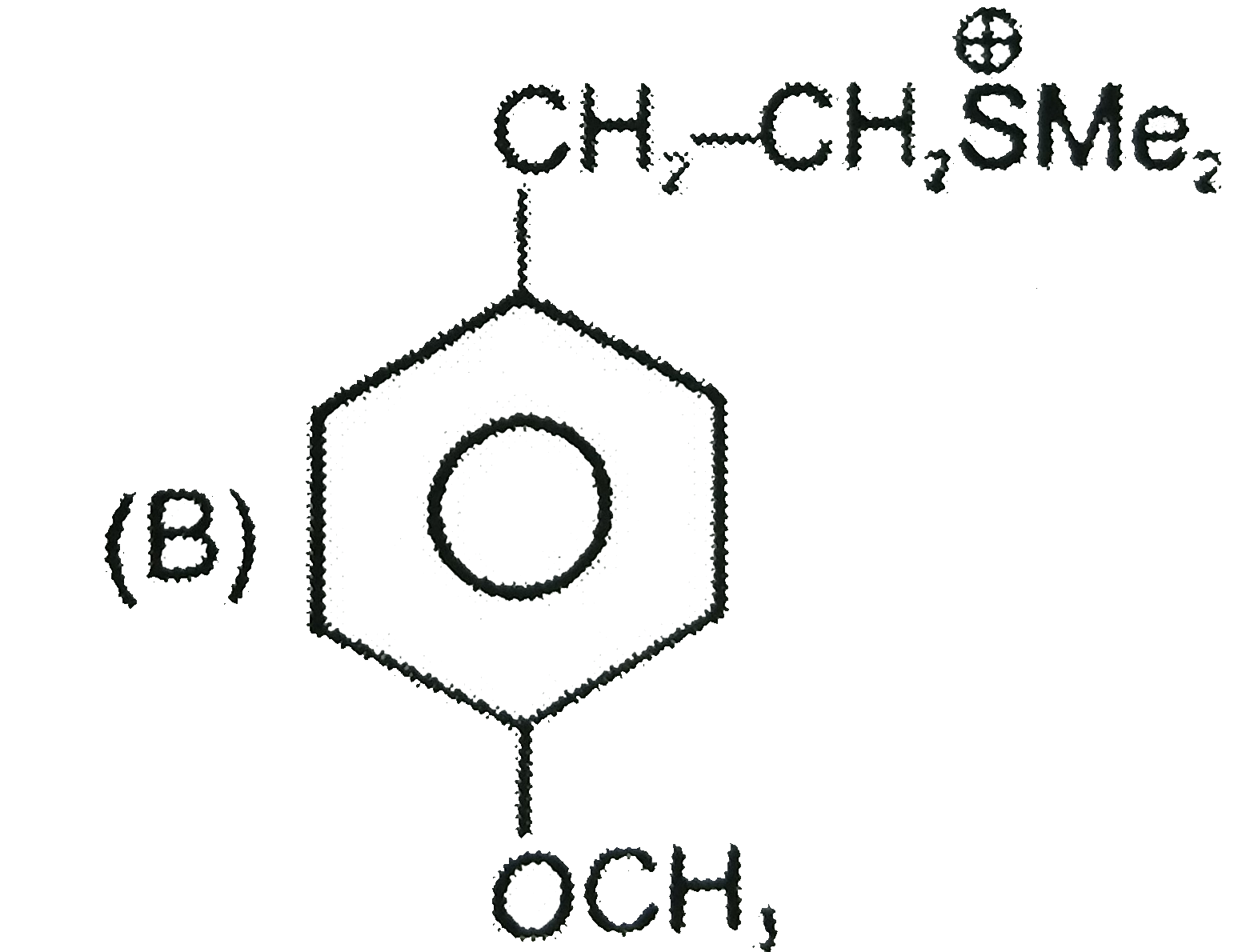 C
C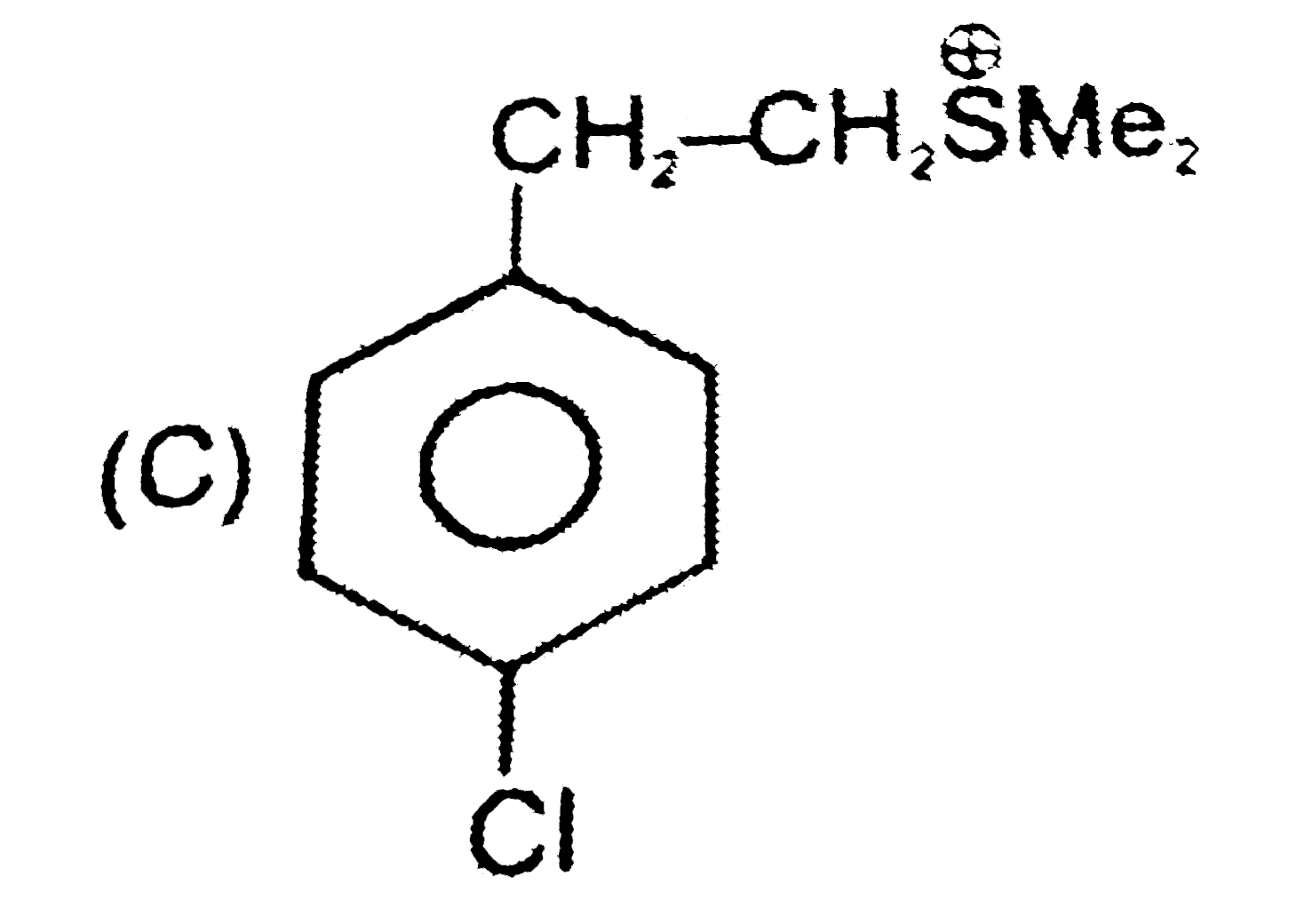 D
D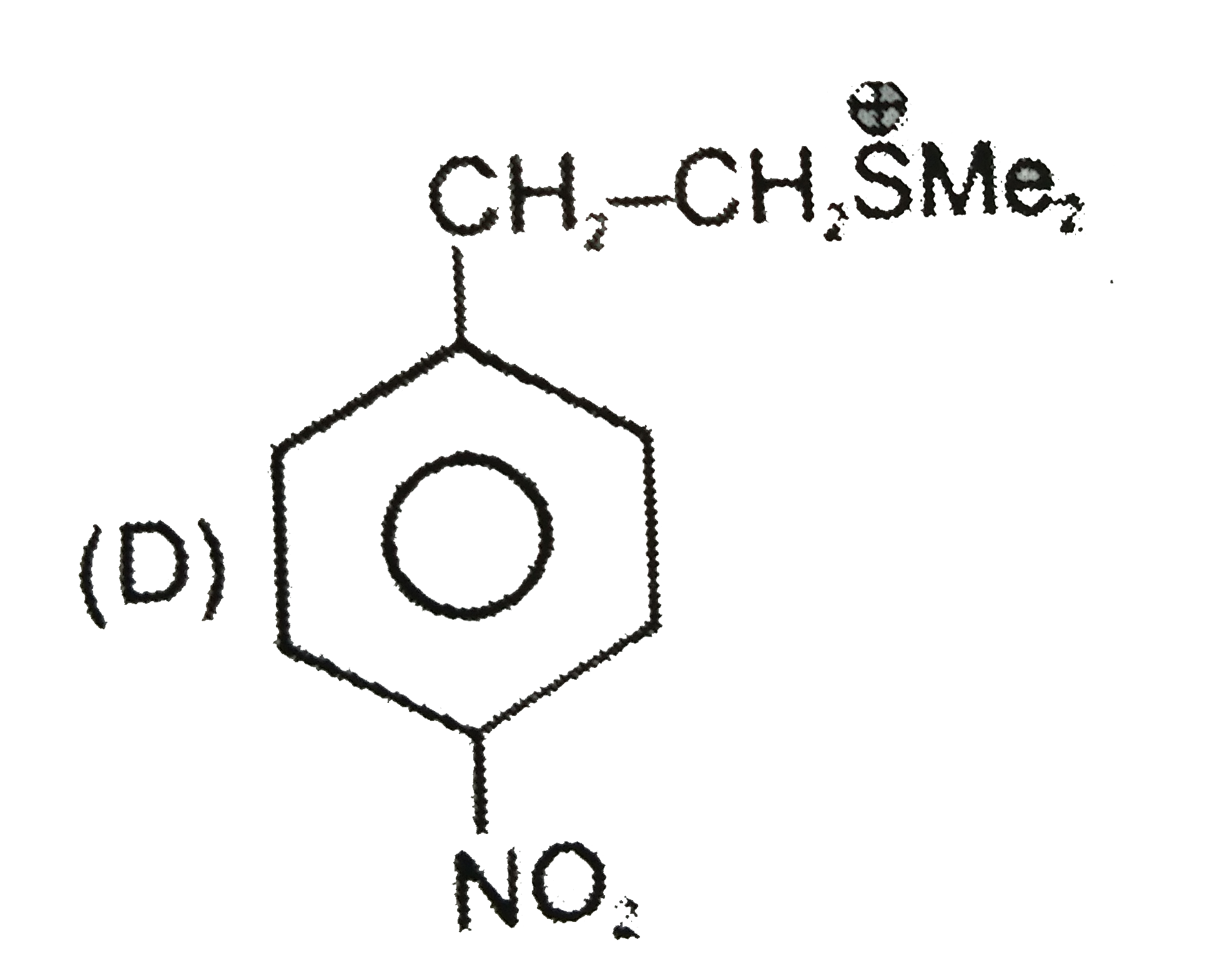
The elimination reactions mainly involve three mechanism E1,E2 and E1cB. If the leaving group departs before β-proton (HΘ ion) then it is E1 mechanism. If proton is taken off first before leaving group it is E1cB mechanism.The pure E2 involves both β-Hydrogen and leaving group departing simutaneously. If acidity of β-Hydrogen increases and leaving group ability decreases then E1cB mechanism increases.

The alkene formed as a major product in the above elimination reaction isACH2=CH2BCH3−CH2−CH=CH2C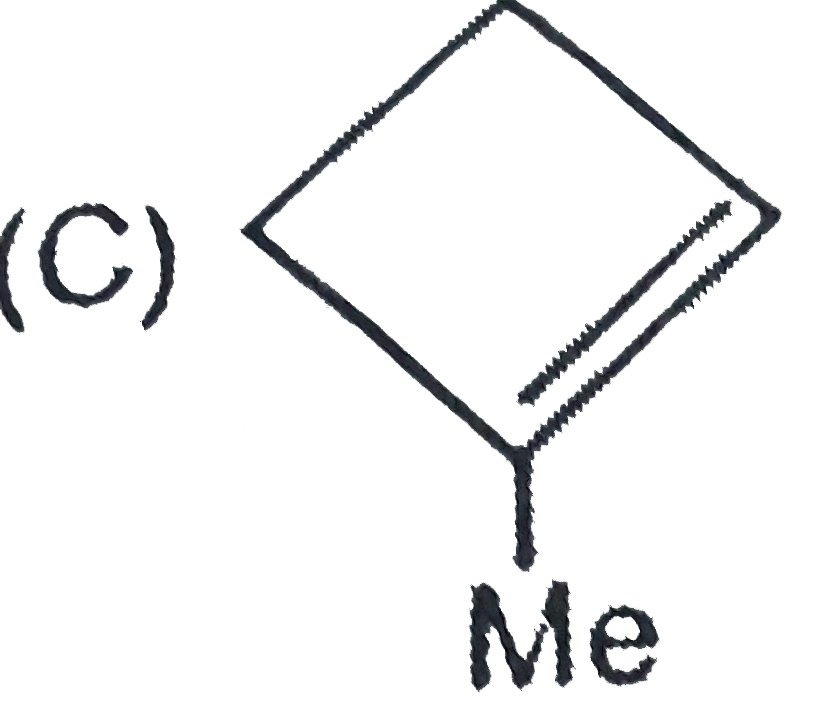 D
D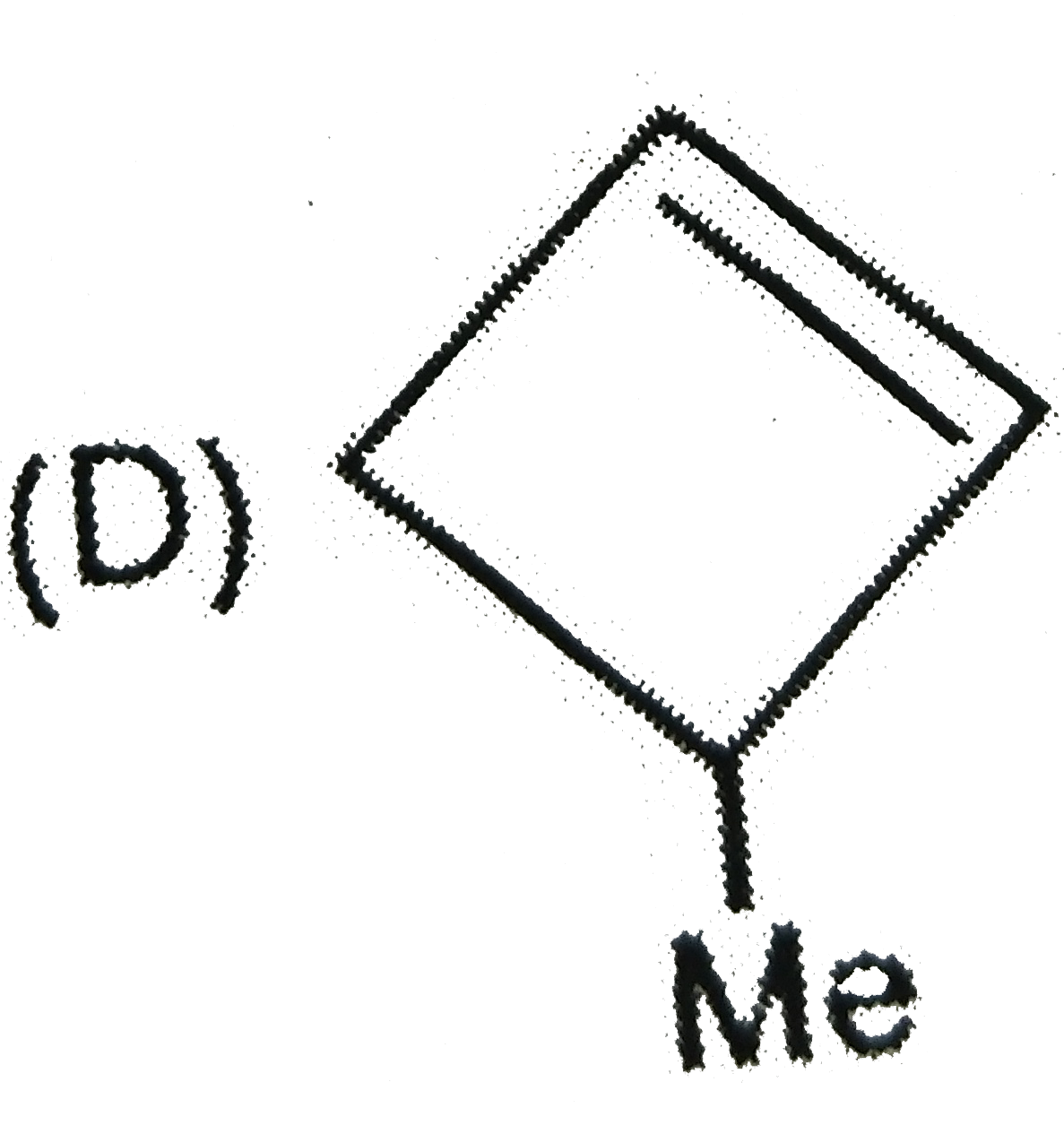
Factors Favouring Hoffmann Alkene | Unimolecular Elimination(E1) Mechanism | Factors Affecting Rate of Unimolecular Elimination(E1) reaction and Questions
View SolutionRate OF Reaction OF E1 AND E2 || Stereochemistry OF E1 and E2 Reaction
View SolutionIf E=E1,E2,E3,E4,E5andP(E1)=95100,P(E2∣E1)=9499,P(E3∣E1E2)=9398,P(E4∣E1E2E3)=9297andP(E5∣E1E2E3E4)=9196, then P(E) equals
View SolutionSuppose E1,E2andE3 be three mutually exclusive events such that P(Ei)=pi for i=1,2,3.
P(none of E1,E2,E3) equals
View SolutionIn which of the following reaction, the major product alkane is formed by E1cb mechanism?
View Solution

